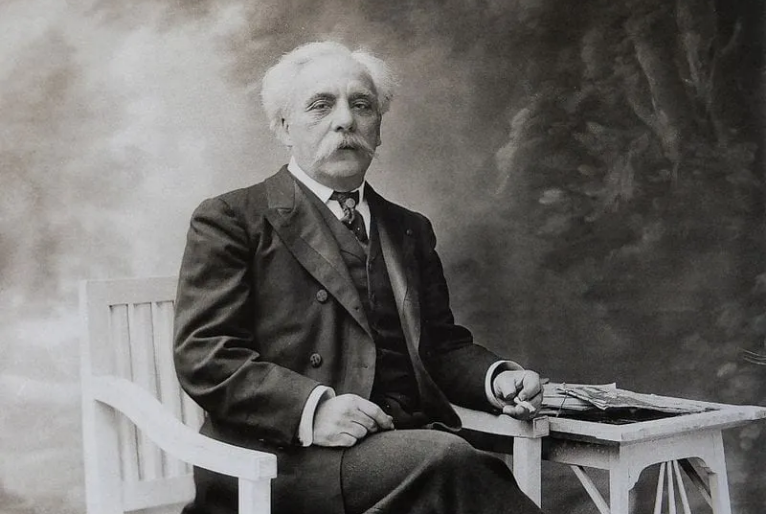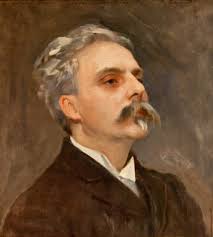Gabriel Fauré, the renowned French composer and organist, left an indelible mark on the world of classical music. His compositions are celebrated for their delicate beauty, emotional depth, and innovative harmonic language. Born in 1845, Fauré overcame numerous obstacles to establish himself as one of the most important figures in late 19th and early 20th-century music. In this blog post, we will explore the fascinating biography of Gabriel Fauré, tracing his artistic evolution, notable compositions, and enduring legacy.
Early Life and Musical Education:
Gabriel Urbain Fauré was born on May 12, 1845, in Pamiers, France. At a young age, his musical talent became evident, and he entered the École Niedermeyer in Paris as a boarding student in 1854. Fauré studied piano, organ, and composition at the prestigious institution, immersing himself in the rich musical traditions of the time. He later became a protégé of Camille Saint-Saëns, who recognized his exceptional skills and encouraged his creative development.
Artistic Style and Innovations:
Fauré’s compositional style evolved significantly over the course of his career. Initially influenced by Romanticism, his early works display lyrical melodies and lush harmonies. However, Fauré began to move away from the grandiose Romantic aesthetic, embracing a more intimate and refined approach. His harmonic language became more adventurous, incorporating innovative chord progressions and unconventional tonalities, foreshadowing the developments of 20th-century music.
Career and Positions:
Fauré held various prominent positions throughout his life. In 1871, he became an organist at the Church of Saint-Sauveur in Rennes, followed by positions at the Church of La Madeleine and Église de la Sainte-Trinité in Paris. Fauré’s exceptional organ playing and improvisational skills earned him widespread recognition. In 1896, he assumed the position of director of the Paris Conservatoire, where he implemented significant reforms and mentored a new generation of composers, including Maurice Ravel.
Notable Compositions:
Gabriel Fauré’s musical output encompasses a wide range of genres, including orchestral works, chamber music, choral pieces, songs, and piano compositions. Some of his most celebrated works include the Requiem, a profoundly moving masterpiece that exemplifies his unique blend of spirituality and sensitivity; the Pavane, an elegant and hauntingly beautiful piece for orchestra and chorus; and the Nocturnes for piano, which showcase his mastery of creating intimate and introspective musical landscapes.
Later Life and Legacy:
In his later years, Fauré faced numerous personal and health challenges, including increasing deafness. Despite these obstacles, he continued to compose, producing remarkable works such as the String Quartets and the song cycle “L’horizon chimérique.” Fauré’s impact on the music world was immense, bridging the gap between the Romantic and Impressionist eras and laying the groundwork for future generations of composers.
Gabriel Fauré passed away on November 4, 1924, leaving behind a rich legacy of musical innovation and emotional depth. His compositions continue to be celebrated and performed worldwide, enchanting audiences with their delicate beauty and profound expressiveness. Fauré’s ability to capture the depths of human emotion and his pioneering spirit make him an enduring figure in the annals of classical music.
Conclusion:
Gabriel Fauré’s biography is a testament to the power of artistic resilience and innovation. From his early days as a prodigious student to his influential tenure as a composer and teacher, Fauré’s life was dedicated to pushing the boundaries of musical expression. His ability to infuse elegance and sensitivity into his compositions remains an inspiration to musicians and music lovers alike. As we reflect on Gabriel Fauré’s life and works, we are reminded of the enduring impact of his musical legacy and his timeless contributions to the world of classical music.


Comments are closed